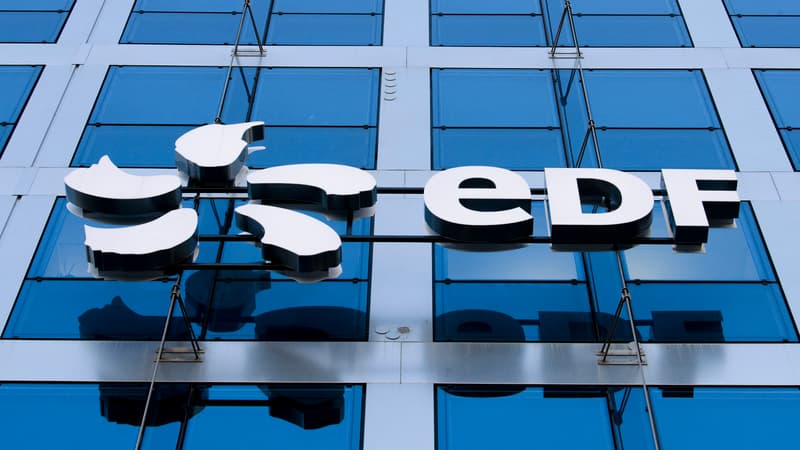This is an important step forward for the CEO of EDF. For three months, Luc Rémont has been trying to impose a new major axis of his strategy. He proposes introducing into the new market rules long-term contracts, of 5 or 10 years, that EDF could sign with its main clients, whether they are suppliers, such as TotalEnergies or Engie, or large companies such as SNCF, which spends a billion euros per year in electricity.
These new contracts should be marketed in a few weeks and will be at the center of the discussions at the next EDF board of directors, on Monday, September 20, which will have to work on the group’s new business project.
Luc Rémont supported by Agnès Pannier-Runacher
It is above all about guaranteeing the profitability of EDF, while the electrician lost 18,000 million euros in 2022. Luc Rémont’s objective is threefold. In the first place, to avoid suffering from the volatility of electricity market prices. Then, replace the current framework, ARENH, which will end at the end of 2025. Regulated access to historical nuclear power is a window for the sale of nuclear electricity to competitors like TotalEnergies or Engie. Finally, these contracts would allow EDF to set its own prices.
Last week, Luc Rémont received strong support, that of the Minister of Energy Transition. During the French Entrepreneurs Meeting, Agnès Pannier-Runacher supported the EDF CEO’s proposal.
Luc Rémont nodded, delighted to receive the go-ahead from his supervising minister.
“Good prices” in five years
However, the minister’s office is playing it safe. “The discussions continue and the minister does not favor one regulatory model over another,” say those around her. In other words, long-term contracts will not become the basis of the new regulatory framework but will be an alternative to the market. EDF and the government are also discussing the establishment of minimum and maximum prices for the sale of its nuclear electricity. Agnès Pannier-Runacher recalled that she wanted to “protect our companies against price volatility”.
Luc Rémont responded that within five years, 2027-2028, he would be able to offer his customers “good prices”, lower than the current ones. During EDF’s annual results, at the beginning of the year, the group’s CEO explained that he had signed a contract with a company at a price of 90 euros/megawatt hour for several years, while prices remain around 150 euros.
Because this year EDF is once again experiencing low production from its nuclear power plants, which should not increase again before 2025. Six to seven power plants per year will undergo long maintenance to extend their useful life by ten years. The general director is counting above all on the start-up of the Flamanville EPR, which should be operating at full power from 2025.
Source: BFM TV


